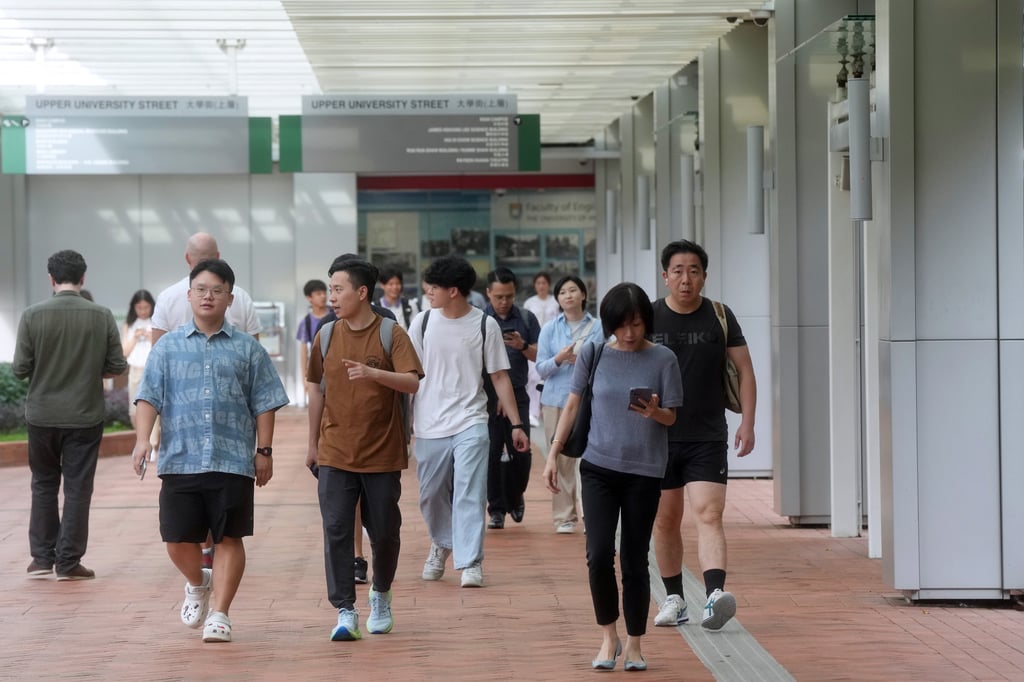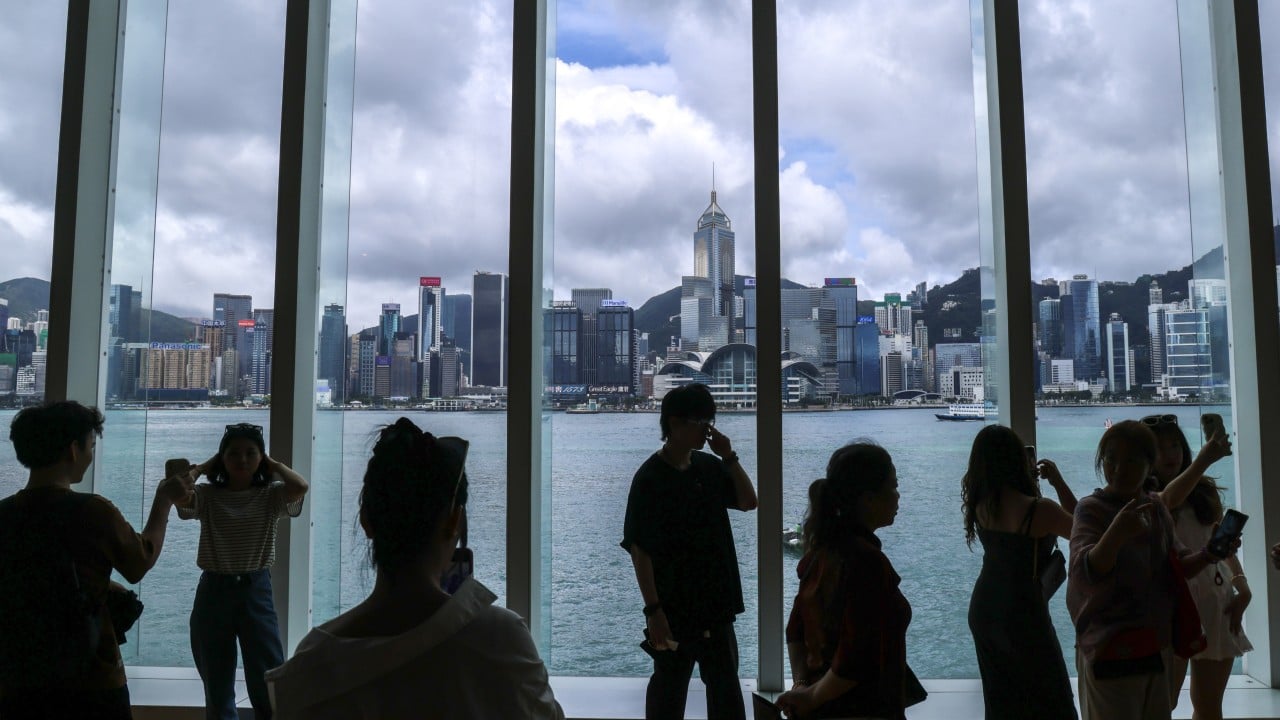Yet, there remains a silver lining. If we play our cards right, Hong Kong could well capitalise upon the unfortunate trend by optimising the possible upsides while minimising the downsides. We can escape the fate of being “kicked around” like a “football”, as renowned diplomat Kishore Mahbubani put it.
First, Hong Kong must position itself as the primary destination for ethnic Chinese professionals leaving the West amid escalating tensions and the increasing politicisation of higher education. A Stanford University study found that after the introduction of the China Initiative in 2018, the number of departures in China-born, US-based scientists increased by 75 per cent.
Trans-Pacific scientific research and collaboration – especially in sensitive or strategic technological sectors such as semiconductors, biotechnology and quantum computing – has become much more difficult, as insidious speculation creeps into both public and private discourses concerning Chinese scientists.

Hong Kong’s exceptional higher education institutions, prime access to the mainland and free flow of information make it well-placed to attract world-leading researchers in establishing a knowledge nexus that fuses Eastern and Western traditions. These advantages not only apply to the STEM fields, but also the humanities and social sciences.
A prerequisite, however, is that our universities maintain high degrees of academic freedom, and strengthen their support for early-career researchers who may be deterred by our exorbitant housing and childcare costs.
Second, Hong Kong should double down on helping Chinese firms navigate international markets – whether they be emerging giants, such as India and countries in the Association of Southeast Asian Nations (Asean), or established powerhouses in the West and Persian Gulf. We must correspondingly step up our efforts to serve leading players around the world seeking access to Chinese capital and technology.
The “China plus one” strategy adopted by large multinational corporations is part of a broader de-risking trend in response to geopolitical uncertainty in the region. But it also provides an opportunity for Chinese state-owned and private enterprises as they strive to circumvent trade restrictions and protectionist measures imposed by the US.
Hong Kong must hone its role as a repository of regional knowledge, contacts and networks. It is the entrepreneurs, seasoned financiers and power brokers comprising our private sector that render us a true connector. The government should take advantage of these assets to build enduring ties with key players in priority regions such as Southeast Asia and the Gulf.

Furthermore, companies based in Hong Kong must absorb talent well-versed in regional cultural idiosyncrasies and business norms to open doors for our mainland counterparts. More scholarships and jobs must be offered to professionals from the Global South so Hong Kong can serve as the labour nexus conjoining China and the world. To serve these new partners, we must heed their concerns and truly cater to their needs, as opposed to what we think they need.
Through trade finance and blockchain-based supply chain management, we can publicly signal our resolve by streamlining the flow of goods, capital and data between the mainland and its potential partners. The time is ripe, as more countries diversify away from the United States and gravitate towards China. The multicultural, multilingual and emphatic dexterity of Hong Kong’s highly educated workforce are strengths that should be reinforced.
Third, the ingenious “one country, two systems” formula gives Hong Kong the prerogative to be the most open and international-facing part of China. In the face of our critics and sceptics, we must put our money where our mouth is and embrace our status as a buffer zone, one where voices and opinions dubbed too sensitive in the Chinese mainland can be expressed by interlocutors from Beijing, Shanghai and other major cities.
As China and the US are locked in intense strategic competition, both nationalistic and security-fixated talking points have gained considerable traction among bureaucrats on both sides. Yet, Hong Kong must steer clear of the perilous tendencies of pan-securitisation and excessive paranoia, and play the crucial role of platforming dialogues between Chinese and American state officials, academic and entrepreneurs.
Recent visits to Hong Kong by Ukrainian foreign minister Dmytro Kuleba and Asean secretary general Kao Kim Hourn attest to our significance as a key port of call for those looking to engage with China. Even in a seemingly hostile world, we must punch above our weight. We must not cave in to defeatist narratives of parochialism or slip into mindless complacency. We are far better than that.
Brian Wong is an assistant professor in philosophy at the University of Hong Kong and a Rhodes Scholar and adviser on strategy for the Oxford Global Society

